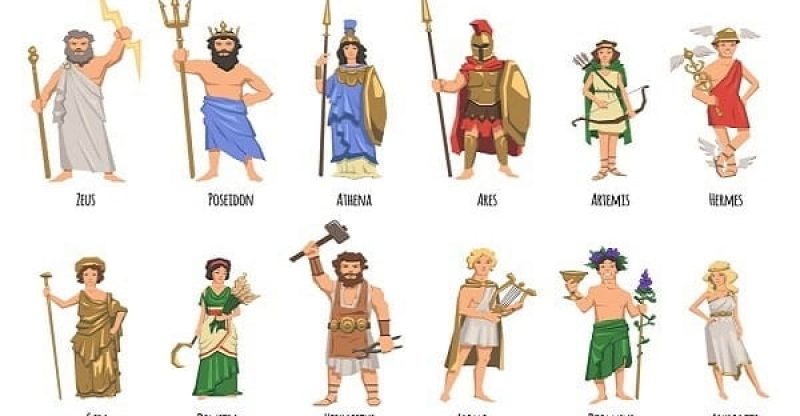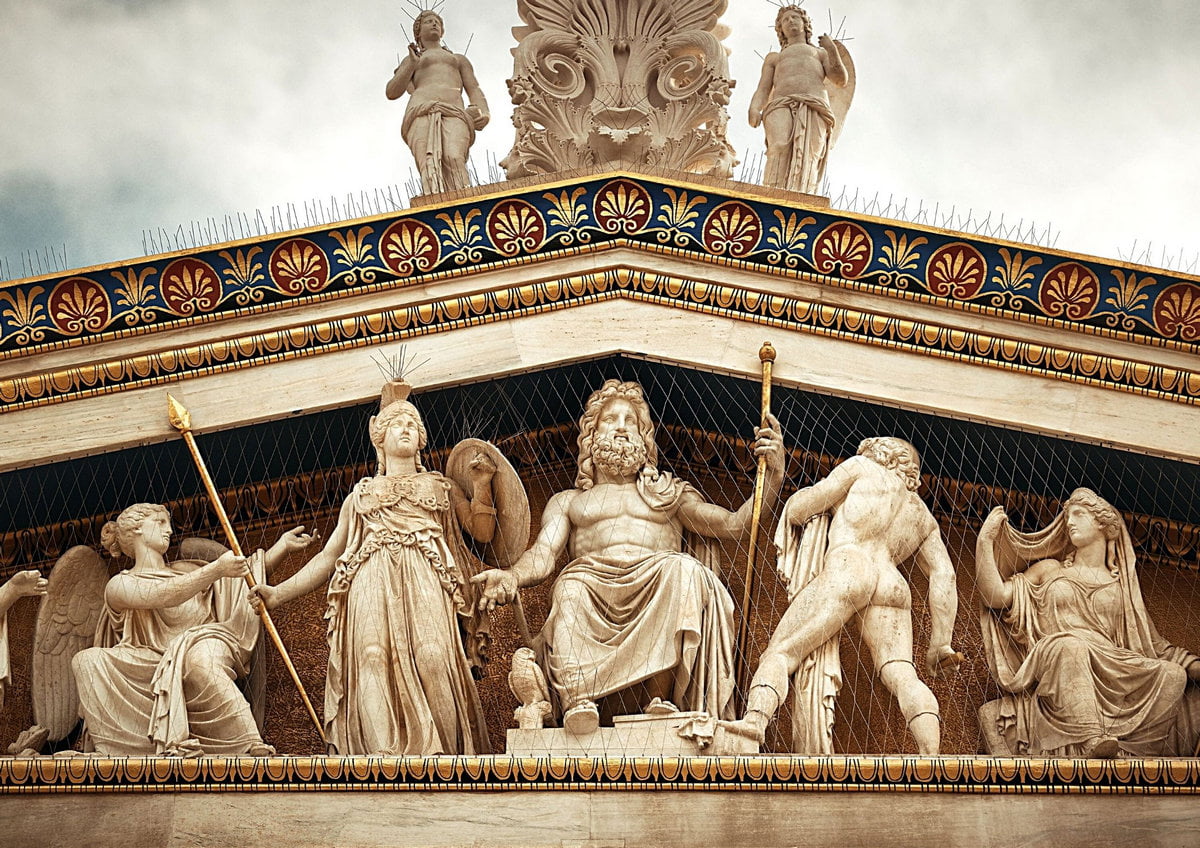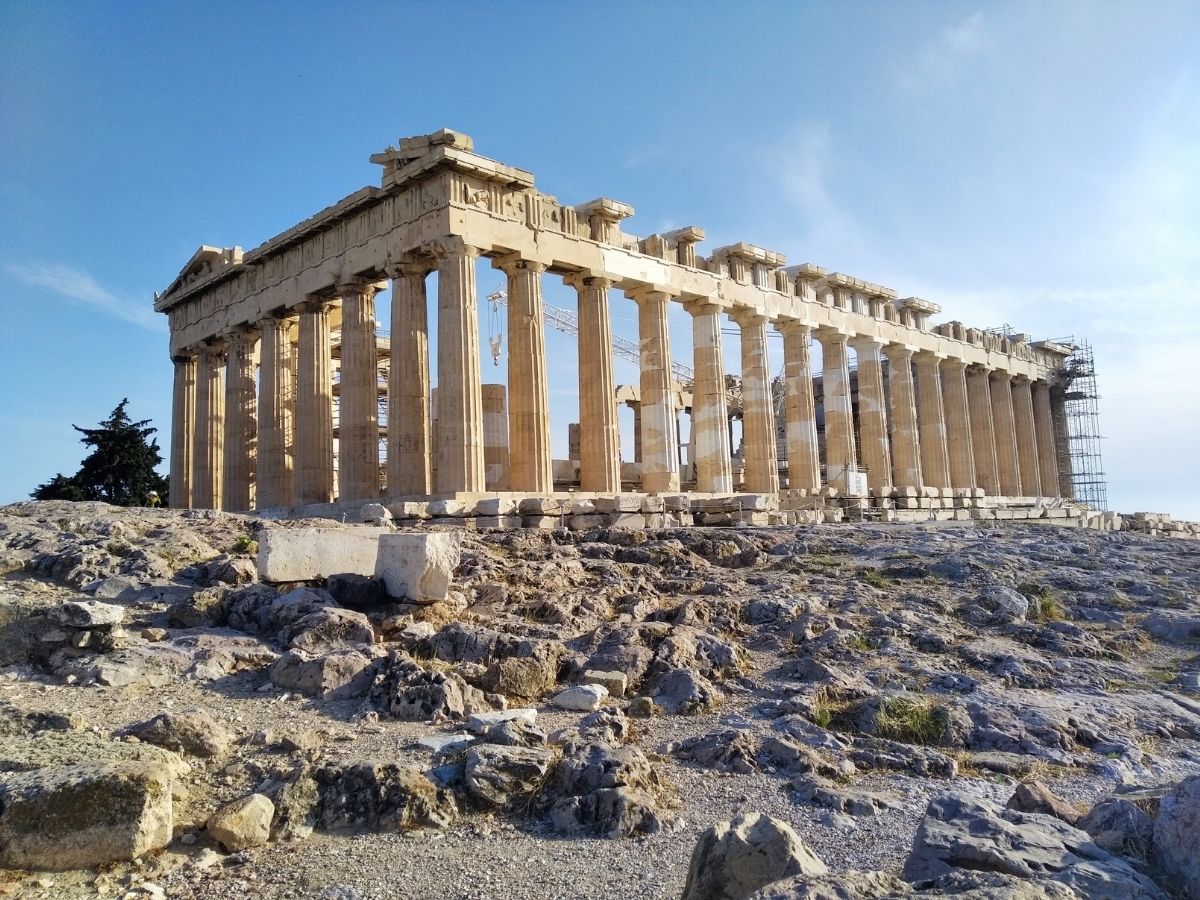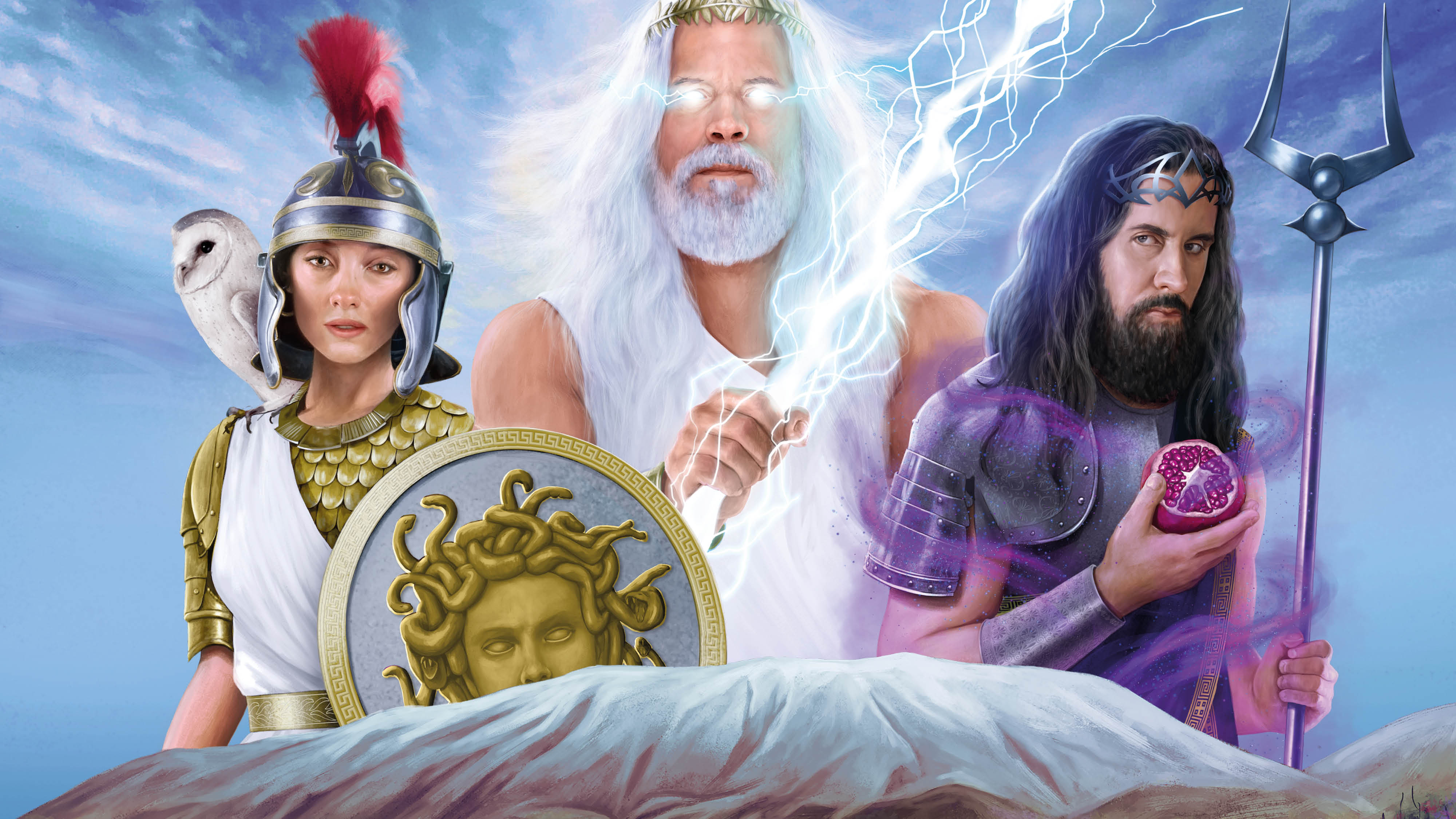The Greek pantheon refers to the collection of gods and goddesses worshipped by the ancient Greeks. These deities were believed to have special powers and were often associated with specific areas of life, such as love, war, and agriculture.
One of the most well-known gods in the Greek pantheon is Zeus, the king of the gods and god of the sky and thunder. He was considered the most powerful of all the gods and was often depicted holding a lightning bolt. Zeus was married to the goddess Hera, who was the goddess of marriage and childbirth.
Another important god in the Greek pantheon was Apollo, the god of the sun, music, and prophecy. He was often depicted as a young man with a lyre, and was revered for his ability to bring light and warmth to the world. Apollo's twin sister, Artemis, was the goddess of the hunt and the moon.
Other major gods in the Greek pantheon included Athena, the goddess of wisdom, war, and crafts; Demeter, the goddess of agriculture and fertility; and Dionysus, the god of wine and celebration. The pantheon also included several other deities, such as Hades, the god of the underworld; Poseidon, the god of the sea; and Hermes, the god of thieves and messenger of the gods.
The Greek pantheon was an integral part of ancient Greek culture, and the gods and goddesses were often depicted in art, literature, and myth. These deities were believed to have control over the natural world and the lives of mortals, and people would often pray to them for help or guidance.
Despite the importance of the Greek pantheon in ancient times, the belief in these gods has largely faded in modern society. However, their influence can still be seen in various aspects of culture, such as literature, art, and even the names of the days of the week, which are named after the planets and Roman gods associated with them.
Overall, the Greek pantheon played a significant role in shaping the ancient Greek worldview and continues to have a lasting impact on Western culture.
